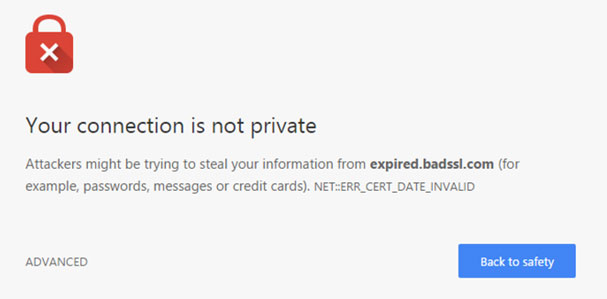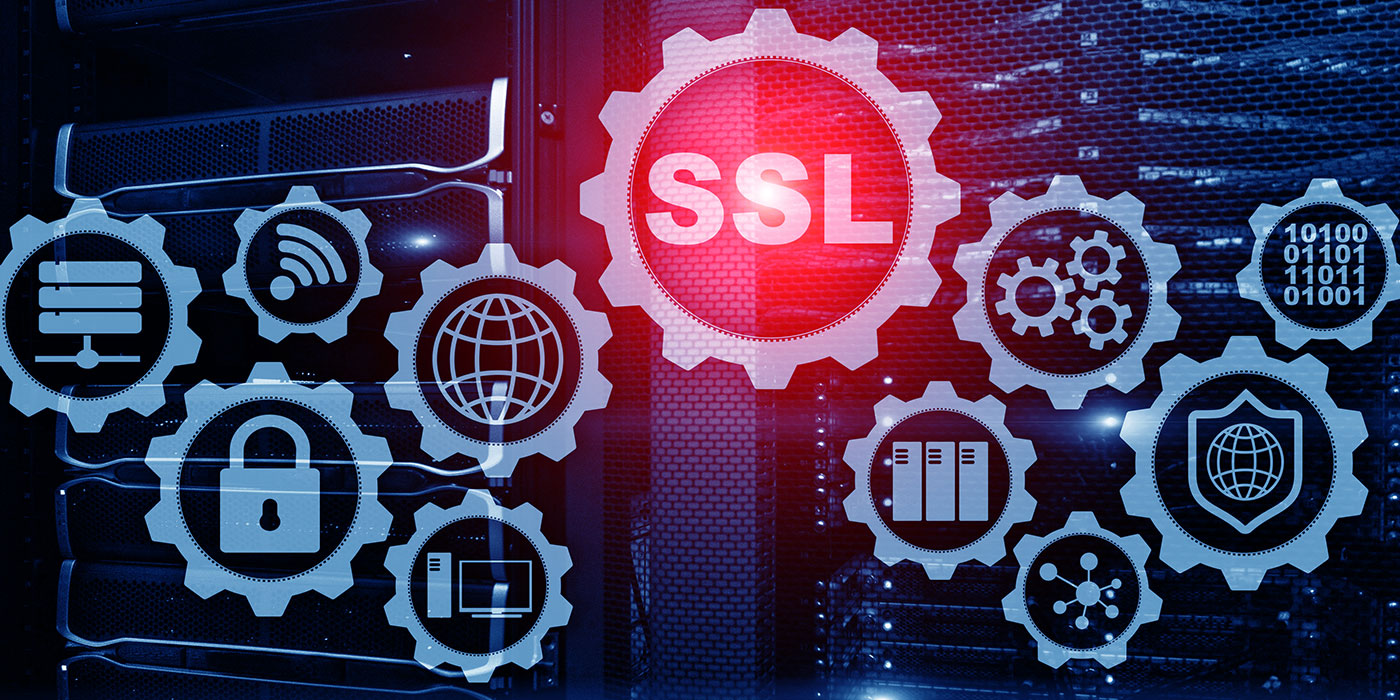SSL stands for Secure Sockets Layer. An SSL certificate is a global standard digital certificate that is employed to establish an encrypted connection between the client and the server.
Exchange of sensitive data such as net banking details, credit card or security numbers, etc needs to be encrypted to prevent any misuse. This also ensures that your critical data can solely be decrypted by the server you have sent to and leads to secure online transactions.
The certificate is represented by a pair of cryptographic keys. These keys (a public and a private one) work in unison to create an encrypted channel. Encryption is a combination of coding and decoding data. So the private key contains the code which can be decoded by the public key. The former is located on the server and never sent to anyone. The latter, which is installed into the SSL certificate, is accessible by web browsers.
The SSL certificate also contains the identity of the website owner under “subject”. It acts as a credential on the internet. Each certificate carries unique identification for a domain and a web server. The authorities that issue them have their means to authenticate the information submitted to them by the website owner(s).
With counterfeit websites and cyber attacks rampant on the internet, it has become all the more important for your website to be authenticated through an SSL certificate. By doing so you develop a relationship of integrity and trust with your customers and clients. Having the certificate ensures that their sensitive data is safe and cannot be meddled with. It also boosts your Google search ranking and conversion rates.
To put in simpler words, an SSL certificate has two basic functions:
- Authentication: The identity of a website owner is validated so the customers know they are on a real website.
- Encryption: It encrypts sensitive data exchanged between a web browser and the server so it does not get leaked or tampered with.
There are three SSL certificates authentication types to accommodate different individual/enterprise’s requirements:
- Domain Validation (DV) – The quickest and most cost-effective solution. Validates the owner of the domain and is usually issued within minutes. Activates HTTPS and the padlock icon in the browser.
- Organization Validation (OV) – The authentication process is more in-depth and requires time. Best suited for e-commerce sites. OV displays details of your company in the database. This type of authentication also activates HTTPS and the padlock icon.
- Extended Validation (EV) – Instills maximum level of confidence in the consumers. It is the industry standard for big enterprises. EV certificates enable a green bar right next to the website address which shows the verified business’ name. To obtain this certificate, the company must first fulfil the verification requirements of an OV SSL and then must pass a more stringent inspection by a human expert. This type of certificate is more necessary when the site requires sensitive data from the consumers.
Why should you monitor the certificate?
Every SSL certificate has a validity date post which it stops being active on the browser. Hence, it needs to be renewed periodically to ensure that your certificate is recognized and your website’s safety features are in line with the global standards.
What are the consequences of an expired SSL certificate? Each time a web browser navigates to a website, the validity of the certificate is checked by default. In case it is found to be dormant, an alert appears on the screen averring, like the image below, to the users that the site is not safe for them. This will dissuade the users from continuing on the website and will eventually culminate in dwindling traffic. In an age where internet users are extra cautious of malware attacks, an expired certificate is akin to bidding adieu to your ecommerce/other websites.

Keeping up with SSL certificates can be cumbersome since every certificate has a different expiry date. An external SSL monitoring service provider is essential in this case. They offer a dashboard that reports everything relevant to your license.
Here are some of the important functions of an external SSL certificate monitoring solution:
- Issues periodic certificate expiry alerts
- Authenticates the certificate on the website where it is installed
- Monitors the immediate trust cable
- Keeps tabs on revoked certificates
Final thoughts: You need SSL certificates for your business to ensure your customers’ sensitive details are secure, to validate the proprietorship of the website, establish a sense of trust in the users and thwart muggers from duplicating the site.
However, it is not always possible to stay up to date with the expiry dates and other elements of the certificates. An expired license is your spell to doom. To avoid any hindrance in your business growth, hire an external SSL certificate monitor like Awakish.
Awakish’s intuitive SSL Certificate monitoring routinely tracks the validity of SSL certificates employed by your server and sends timely notifications before they expire. We prioritize the trust your customers place in your business and monitor your website meticulously so you do not have anything to worry about. Foster a sense of loyalty in your customers with us by building a secure website for them.
Hand us over the responsibility of monitoring your website’s key functions, while you redirect your energy into building a successful organization!



